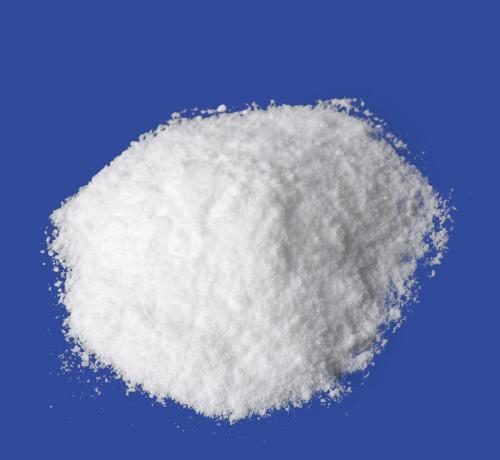
GUANGDONG KELONG BIOTECHNOLOGY CO., LTD.
Add: No.5-17 and No.5-32, South area of Qibao Industry and Trade, Huicheng, Xinhui, Jiangmen, Guangdong, China
Tel:+86-750-6978788
Fax:+86-750-6978868
Wechat: 13828063050
Website: http://www.luangz.cc
Email: export@kelongbio.com
marketing@kelongbio.com

1, what is TG?
TG is a kind of food additive developed by modern bioengineering technology for the production of new protein foods. The main functional factor of TG is glutamine transaminase (EC 2.3.2.13, TG for short). The main difference between different series of products is the different types and amounts of proteins as excipients.
2, what functions does TG have?
The main functional factor of TG is glutamine transaminase. This enzyme is widely present in humans, advanced animals, plants and microorganisms and is capable of catalyzing the crosslinking between or within protein molecules, the linkage between proteins and amino acids, and the hydrolysis of glutamine residues in protein molecules. Through these reactions, the functional properties of various proteins such as nutritional value, texture structure, mouthfeel and shelf life can be improved.
3. What are the uses of TG in food processing?
Improve food texture. It can improve many important properties of proteins by catalyzing the cross-linking that occurs between protein molecules. When the recombinant meat is produced by the enzyme, it can not only bind the minced meat together, but also cross-link various non-meat proteins to the meat protein, which obviously improves the taste, flavor, tissue structure and nutrition of the meat product.
Improve the nutritional value of protein. It can covalently crosslink certain essential amino acids (such as lysine) to proteins to prevent the destruction of amino acids by the Maillard reaction, thereby increasing the nutritional value of the protein. Glutamine transaminase can also introduce a lack of amino acids into proteins with undesirable amino acid composition, which is of particular interest to people in the developing world.
A film that is resistant to heat and water is formed. The casein which has been cross-linked by the enzyme is dehydrated to obtain a water-insoluble film which can be decomposed by chymotrypsin and is therefore an edible film which can be used as a food packaging material. Used to embed lipids or fat-soluble substances. Improve food elasticity and water holding capacity